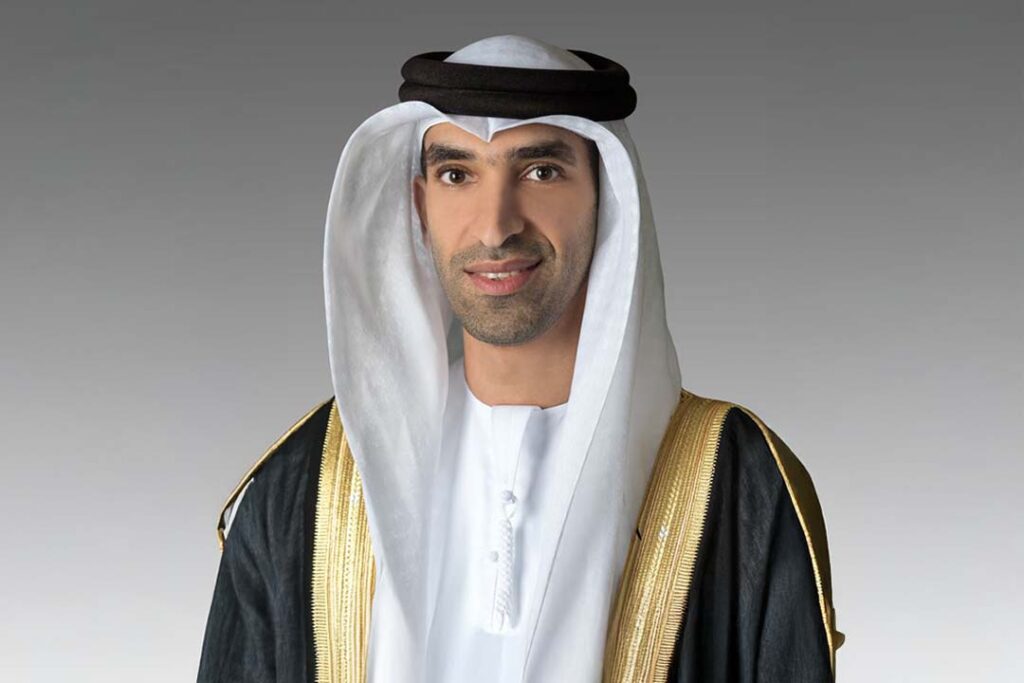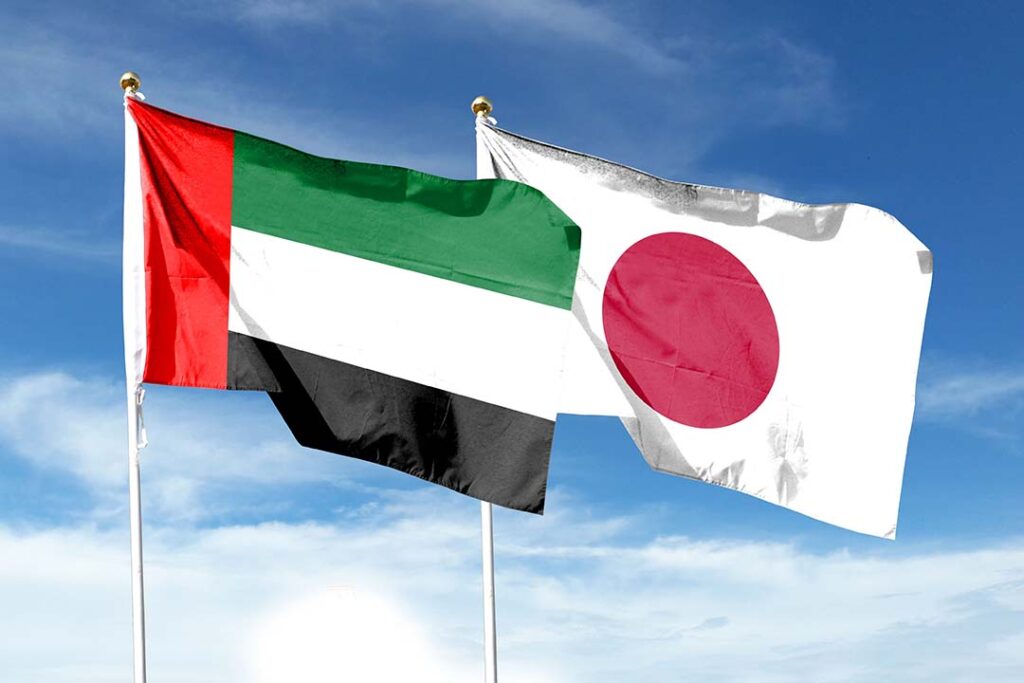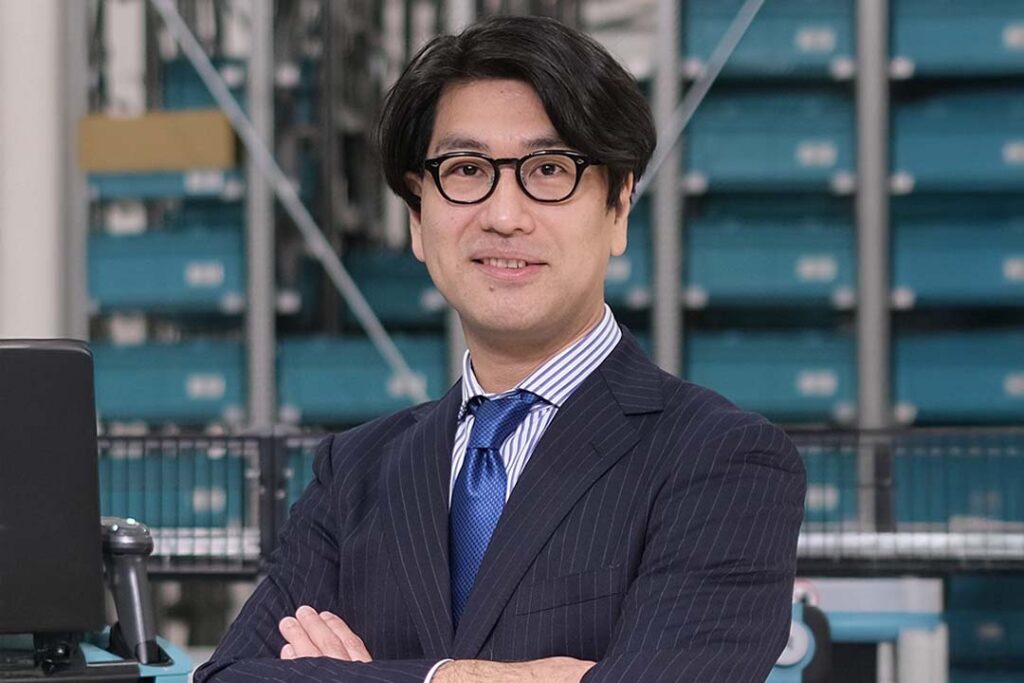Germany and Japan have a rich history of bilateral friendship to build upon. But, apart from those well-established, time-honored ties, Japanese ventures have long had a preference for conducting business in Germany—particularly Düsseldorf— for its central location within Europe, accessibility to Europe’s largest economic zone, as well as its vibrant business and cultural climate.
The City of Düsseldorf’s Office of Economic Development is committed to supporting Japanese companies and startups looking to invest and set up shop in the dynamic capital of North Rhine-Westphalia. Theresa Winkels, Head of the Office of Economic Development Düsseldorf, Annette Klerks, Head of the Office of Economic Development’s International Business Service, and Benjamin Leonhardt from its Japan Desk speak of the latest developments.
What is the current state of Japanese investment in Düsseldorf?
Theresa Winkels: With an average of 20 new companies per year between 2010 and 2020, Düsseldorf has consolidated its role as the leading business location for Japanese companies in continental Europe. After a pandemic-related decline in 2021 and 2022, we once again experience a large number of inquiries from Japanese companies and will also see some branch openings of large companies—such as Epson Deutschland GmbH—at the location, over the course of the year.
How do you see the future of Japanese investment in Düsseldorf? What opportunities and challenges lie ahead?
Theresa Winkels:Thanks to its access to Europe’s biggest economic zone, the Rhine-Ruhr region, as well as its unique Japanese infrastructure, the business location Düsseldorf continues to be perfectly suited as a starting point for the German and European activities of Japanese companies. Moreover, as NRW has become the center of German activities related to the energy transition and circular economy, Japanese companies can introduce their innovative technologies and services in these areas from the state capital.
Can you tell us about any upcoming investment projects or collaborations between German and Japanese companies in the City of Düsseldorf?
Annette Klerks: The biggest—and most exciting—collaboration between a German and a Japanese company initiated in Düsseldorf is Rakuten Symphony’s rollout of 1&1 5G network, the first fully virtualized 5G network based on Open RAN technology outside of Japan.
How has the pandemic influenced the investment strategies of Japanese companies in Düsseldorf?
Annette Klerks: Partly as a result of the home office option, which was introduced across the board during the pandemic, we are experiencing that companies already based at the site, in particular, are investing in new, modern spaces. Units from different locations are often consolidated and the office space is reduced, but often supplemented with showrooms, technology, or R&D centers.
Due to the enormous innovative power of Japanese companies, technology plays a major role in many of the investments made by Japanese companies: whether in the development of new polymer compounds, medical robotics, equipment for 5G networks, or the latest generation of construction machinery—Japanese companies from Düsseldorf are always at the forefront.
Annette Klerks, Head of the Office of Economic Development’s International Business Service
Are there any new opportunities for Japanese investment in Düsseldorf that have emerged as a result of the pandemic?
Benjamin Leonhardt: The pandemic has shown how much catching up there is to do in Germany, in the area of digitization. In addition, however, it is above all the necessary developments associated with the climate crisis that offer enormous business potential for Japanese companies operating in these areas; not only in Düsseldorf, but in Germany in general.
What role do you see technology playing in Japanese investment in Dusseldorf, post-pandemic?
Annette Klerks: Due to the enormous innovative power of Japanese companies, technology plays a major role in many of the investments made by Japanese companies: whether in the development of new polymer compounds, medical robotics, equipment for 5G networks, or the latest generation of construction machinery—Japanese companies from Düsseldorf are always at the forefront.
What are the long-term goals of the City of Düsseldorf’s Economic Board regarding Japanese investment in the city?
Benjamin Leonhardt: The main goal in terms of new investments is still to make Düsseldorf known as an interesting business location among Japanese startups. To this end, the cooperation between JETRO, digihub, and our Japan Desk within the framework of the Global Acceleration Hub program, in particular, forms an ideal basis, which is exemplified by JETRO’s first-time participation with a Japan booth at this year’s Digital Demo Day, digihub’s flagship event with more than 250 exhibiting startups and more than 4 500 expected attendees..
In your opinion, what are the benefits of a strong relationship between Germany and Japan, and how does Düsseldorf fit into this?
Theresa Winkels: From our viewpoint, you can summarize the benefits, especially for the German side, with three words: Trust, Loyalty, Innovation. As a business location that has profited for more than seven decades from the close cooperation with Japan, Düsseldorf will continue to serve as the main link for German-Japanese relations.
www.duesseldorf.de/international/office-of-economic-development













